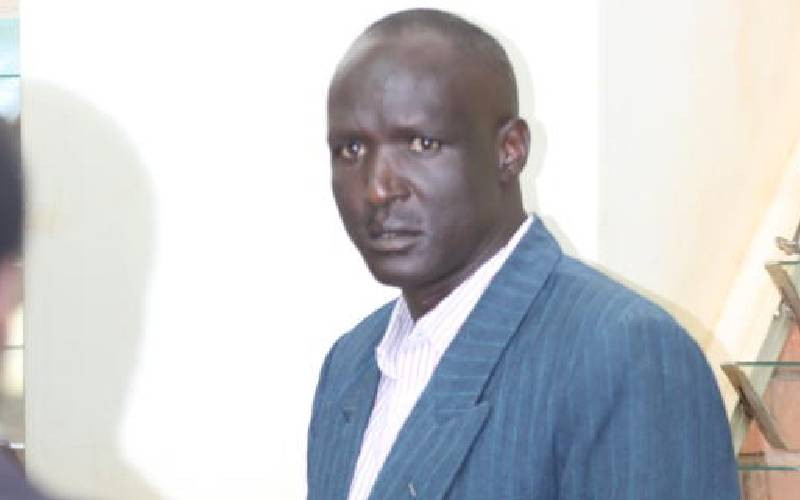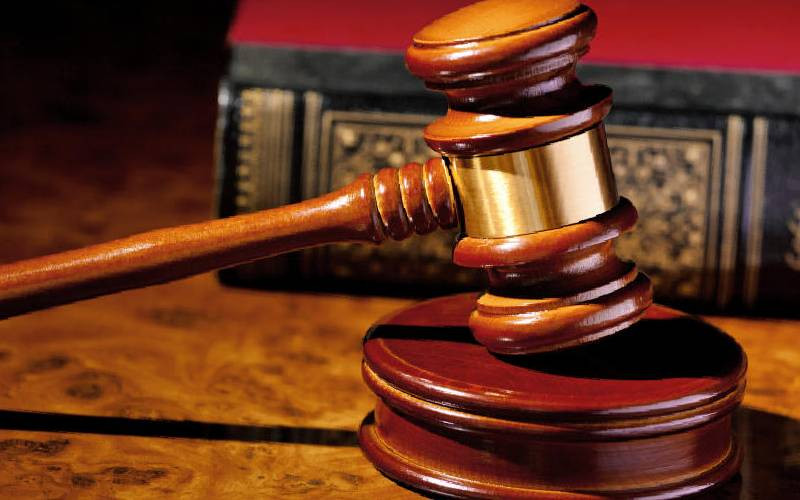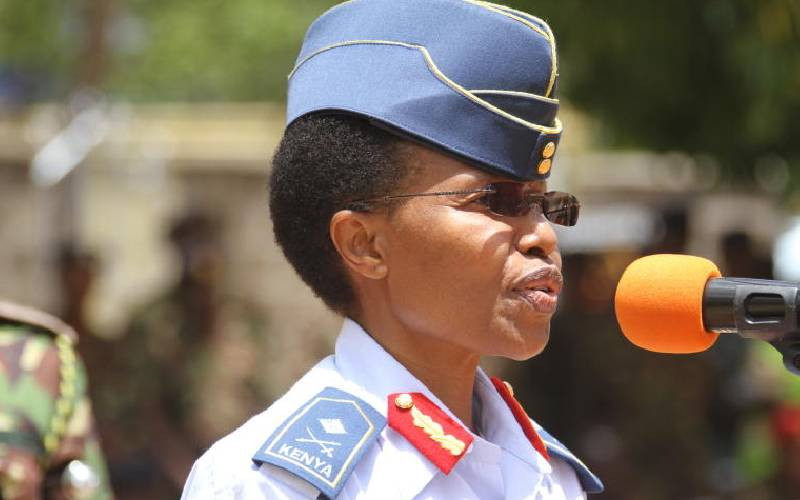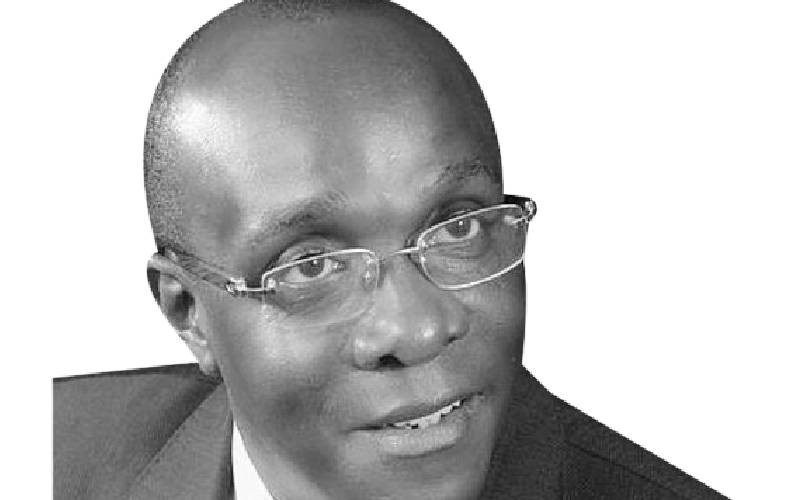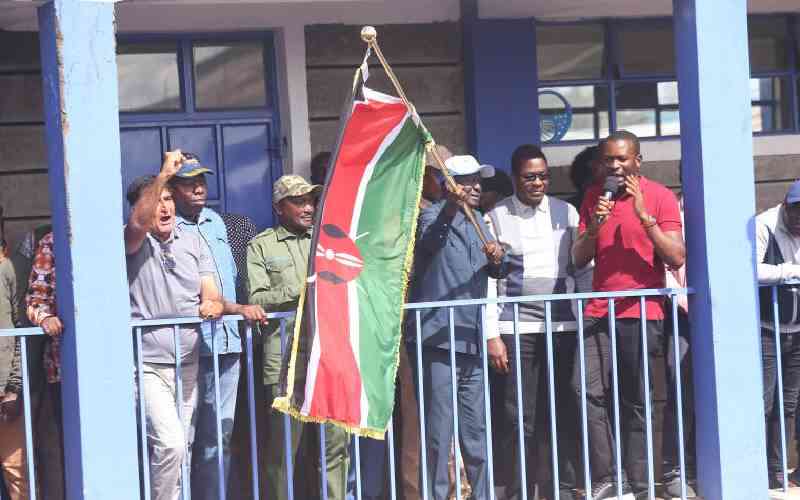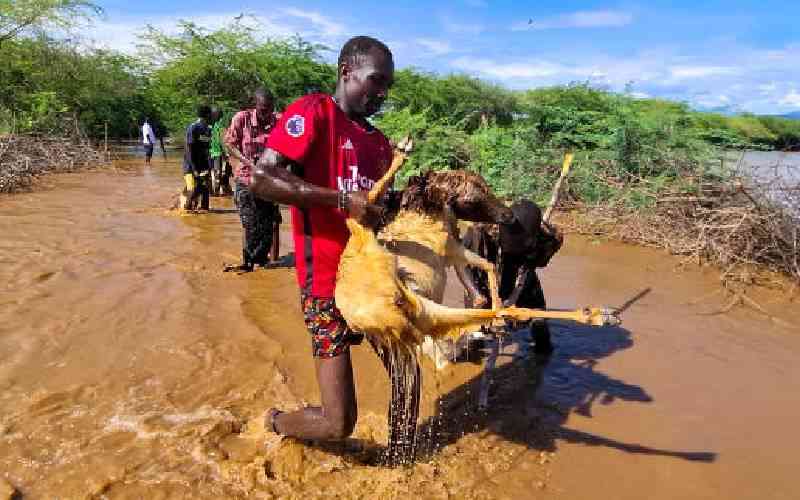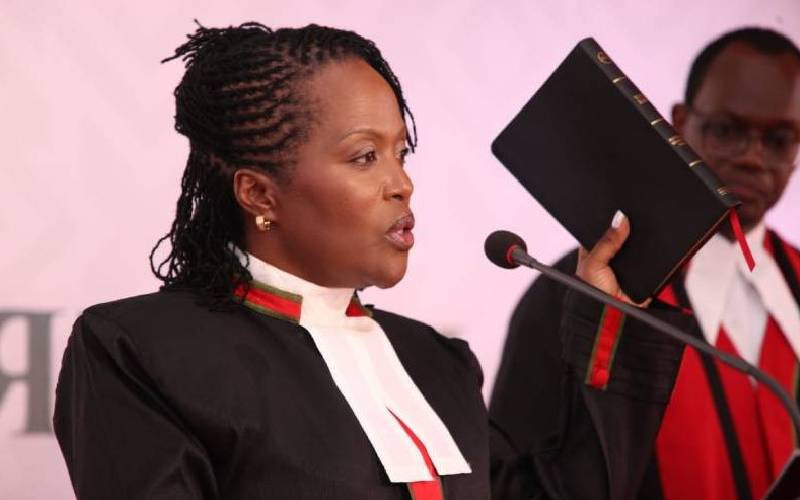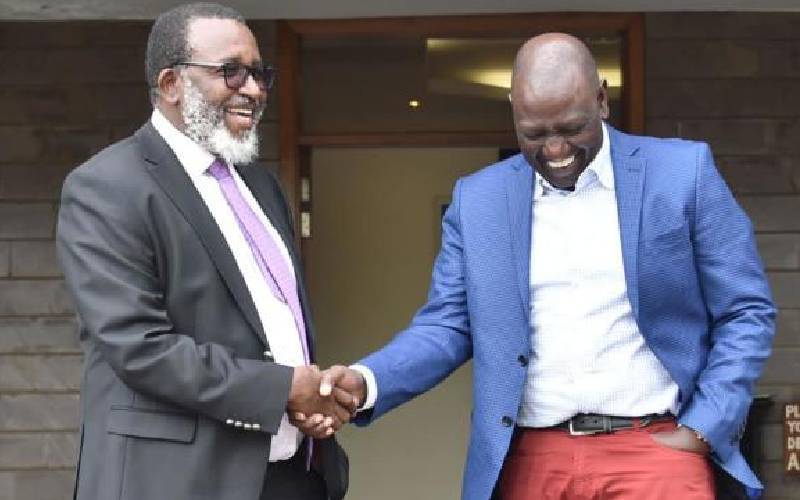 |
|
Maina Njenga’s wife Virginia Nyakio. [Photo: File/Standard] |
By Dann Okoth
Nairobi, Kenya: The Director of Public Prosecutions (DDP) Keriako Tobiko has said systemic failures in investigative, prosecutorial and judicial agencies have led to piling of unresolved murder cases.
However, he noted that all the murder files, including those of JM Kariuki and Robert Ouko are still open, adding that an inquiry is never closed. “But this is no consolation to the families and certainly not for the country that still awaits justice,” he says.
This is in stark contrast to an earlier assertion by Director of Internal Affairs at Kenya Police Force Charles Wahongo that the trail in the investigations had run cold.
“You do not say you are making progress on a case when no new vital evidence or information about a case is forthcoming,” Wahongo said. “Some of the cases have reached a technical dead-end though the files are still open,” he added.
Police sources revealed that at least 15 high-profile murder cases have not been resolved because there is no new evidence, a situation, they say, is made worse by archaic investigation tools and data systems.
But in what appeared to be a scathing indictment of the very institution he works for, Tobiko said lingering lack of independence, capacitation and training in the investigative, prosecutorial and judicial agencies was a hindrance to speedy, fair and transparent delivery of justice.
Archaic tools
“We lack forensic capacity to probe murders. These include forensic laboratories and scientists to probe murders going back a few decades. This lack of investment in forensic science and infrastructure means we lack capacity to obtain and preserve vital evidence that would be useful in a case no matter how much time has elapsed.”
“To put it more bluntly, we still rely on eye-witness evidence, accounts and confessions, which are archaic and which get compromised over time. In more developed jurisdictions, there are also cases of unresolved murders but they only remain so until the law catches up with the murderers. As they say in those countries, if you commit homicide, we will get you. No one gets away with murder,” he points out.
He says besides urgent investment in forensic infrastructure, there is also need for the independence and autonomy of the agencies to enable them effectively carry out their work. “The more independent the agencies are, the more effective they will become. This we have seen in the Judiciary with recent reforms carried out in that arm of the Government,” Tobiko says.
“The other critical issue is to capacitate investigative and prosecutorial agencies through provision of sufficient funding,” he adds.
The country has recently witnessed reforms in the Judiciary and in the police force that could see more transparent investigations and unbiased delivery of justice but for the families of some prominent people slain in the last few years, justice delayed has been justice denied.
Shoddy investigations
The manner and circumstances in which some of the murders were carried out suggest there was State involvement making the murders perfect assassinations and erases hopes that the country will ever get to the bottom of the deaths.
Stay informed. Subscribe to our newsletter
According to George Kegoro, Executive Director of the Kenyan Section of International Commission of Jurists, shoddy investigations into and prosecution of high profile murders have assumed a historical background, adding that they are often captives of high political stakes.
“You cannot have an effective prosecution when there was no proper investigation into a matter because investigations are the basis of a strong prosecution. It is almost a historical fact how shoddy our investigations have been, which is reflected in equally poor prosecution with the inevitable outcome of many cases being thrown out by judges,” Kegoro told The Standard.
“What your series is delving into are political assassinations, which in this country have never been resolved because investigators and prosecutors are invariably influenced by politics,” he adds.
He says the office of the DPP should institute measures to shield prosecutors from political influences while carrying out their duties by implementing constitutional provisions that give the prosecutors protection and autonomy.
 The Standard Group Plc is a
multi-media organization with investments in media platforms spanning newspaper
print operations, television, radio broadcasting, digital and online services. The
Standard Group is recognized as a leading multi-media house in Kenya with a key
influence in matters of national and international interest.
The Standard Group Plc is a
multi-media organization with investments in media platforms spanning newspaper
print operations, television, radio broadcasting, digital and online services. The
Standard Group is recognized as a leading multi-media house in Kenya with a key
influence in matters of national and international interest.
 The Standard Group Plc is a
multi-media organization with investments in media platforms spanning newspaper
print operations, television, radio broadcasting, digital and online services. The
Standard Group is recognized as a leading multi-media house in Kenya with a key
influence in matters of national and international interest.
The Standard Group Plc is a
multi-media organization with investments in media platforms spanning newspaper
print operations, television, radio broadcasting, digital and online services. The
Standard Group is recognized as a leading multi-media house in Kenya with a key
influence in matters of national and international interest.


